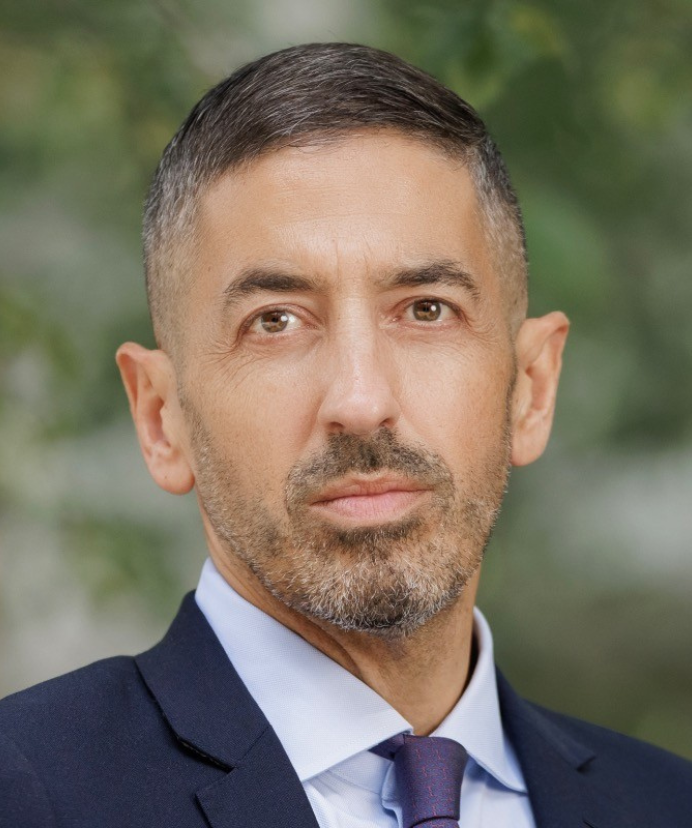The Perils of Scientific Disengagement
The costs of excluding science and scientists seem to outweigh the potential benefits.

Read Time: 5 minutes
Published:
The world at times feels like it is on fire, with highly visible forms of injustice challenging our collective moral conscience. Scientists live in this world, and it comes up, time and again, whether scientists should put pressure in our particular ways on those who are committing atrocities, who are waging war, or who are oppressive to their people, in order to encourage a change in such (usually national) behavior.
Perhaps the more successful of the efforts scientists contributed to was the academic boycott of South Africa, part of a successful global effort to isolate the country and pressure it to end the apartheid regime. More recently there have been calls to disengage from scientists and science conducted in Russia over the country’s invasion of Ukraine, and from Israeli universities for their “complicity in Israel’s human rights violations.”
We should be sympathetic to the moral imperatives that motivate these efforts to disengage. In the past, we have argued both that moral considerations are inevitably part of the work of scientists, and that we have a responsibility to speak to atrocities as citizens and also as scientists whose work it is to document the world—including its horrors. And yet, we suggest that as scientists we should be hesitant to support broad measures like boycotts and exclusion of scientists from offending countries as a regular part of our collective armamentarium, although as citizens we may be tempted to express our rage at oppressive governments. We take the position that disengagement should be particular: in support of the scientific community and the work they do, while trying not to benefit a government in the midst of reprehensible action.
Disengagement has costs, and heavy-handed boycotts stand to undermine the very global conversation that science should be catalyzing, particularly in difficult times. Science is a truly global profession, and there is a steady and ongoing conversation between scientists across countries that has the potential to bridge divides when other elements of societies simply are not speaking to one another. Shutting down these avenues of communication deepens divides at times when bridges are more urgently needed.
[T]he costs of excluding science and scientists seem to us to outweigh the potential benefits in the vast majority of cases.
There is also an important distinction to be made between the work of science and scientists and that of the government that is the target of international criticism. Scientists have historically been part of atrocities committed, and that may well be part of the calculus in determining when, if ever, scientists should disengage from other scientists. However, in most conflicts, the vast majority of scientists are apart from the conflict, and are often some of the most courageous and vocal opponents of the harms being inflicted by their country. Conflating all scientists with the injustices being carried out by their country does an injustice to the individual scientists who have nothing to do with their nation’s broader actions.
Still, these distinctions are difficult and personal because, ideally, the quest for scientific knowledge is apolitical. Yet when the National Institutes of Health, an arm of the U.S. government, halted funding to all Russian laboratories in 2023 due to the Ukraine invasion, interrupting ongoing collaboration between groups of scientists—we saw little outcry. Our government was deciding for us, on one level, how to interact with Russian science and scientists. Yet as scientists, we are unlikely to halt papers-in-progress with Russian collaborators, or refuse to review a paper by authors from an “offending” nation. But would we be more likely to cancel an international conference based in that nation? We try to calculate in every instance who is hurt: government or science.
Perhaps most difficult, the exclusion of scientists and science from countries facing global opprobrium risks forcing scientists—whose very work should draw on empiricism and objectivity—to draw judgements that are at best fraught in highly charged times. Few countries are not guilty of some form of injustice, whether it is aggressive war, persecution of citizens, irresponsible actions regarding climate change, or any number of other transgressions. Where would the line be drawn for exclusion of scientists and science? Does the Russian invasion of Ukraine equate to action of Saudi Arabia, a country that beheaded 81 people in a single day? Or to the actions of China whose government is committing genocide against Uighurs in Xinjiang? Or, to the actions of the U.S. with a long, deeply troubling history of interference with the democratic functioning of other countries? There is a range of evidence to be brought against most governments in the court of international opinion, and that evidence needs to be considered judiciously.
In balance, the costs of excluding science and scientists seem to us to outweigh the potential benefits in the vast majority of cases. This reasoning does not exonerate scientists of involvement in their roles as world citizens. Rather it puts pressure on scientists to actively look to build the bridges that should be part of how we work, and to use our tools to bear witness to the world, to help move conflicts to resolution, to make the creation of a better world part of our core mission.
Previous Issue: All That Glitters




